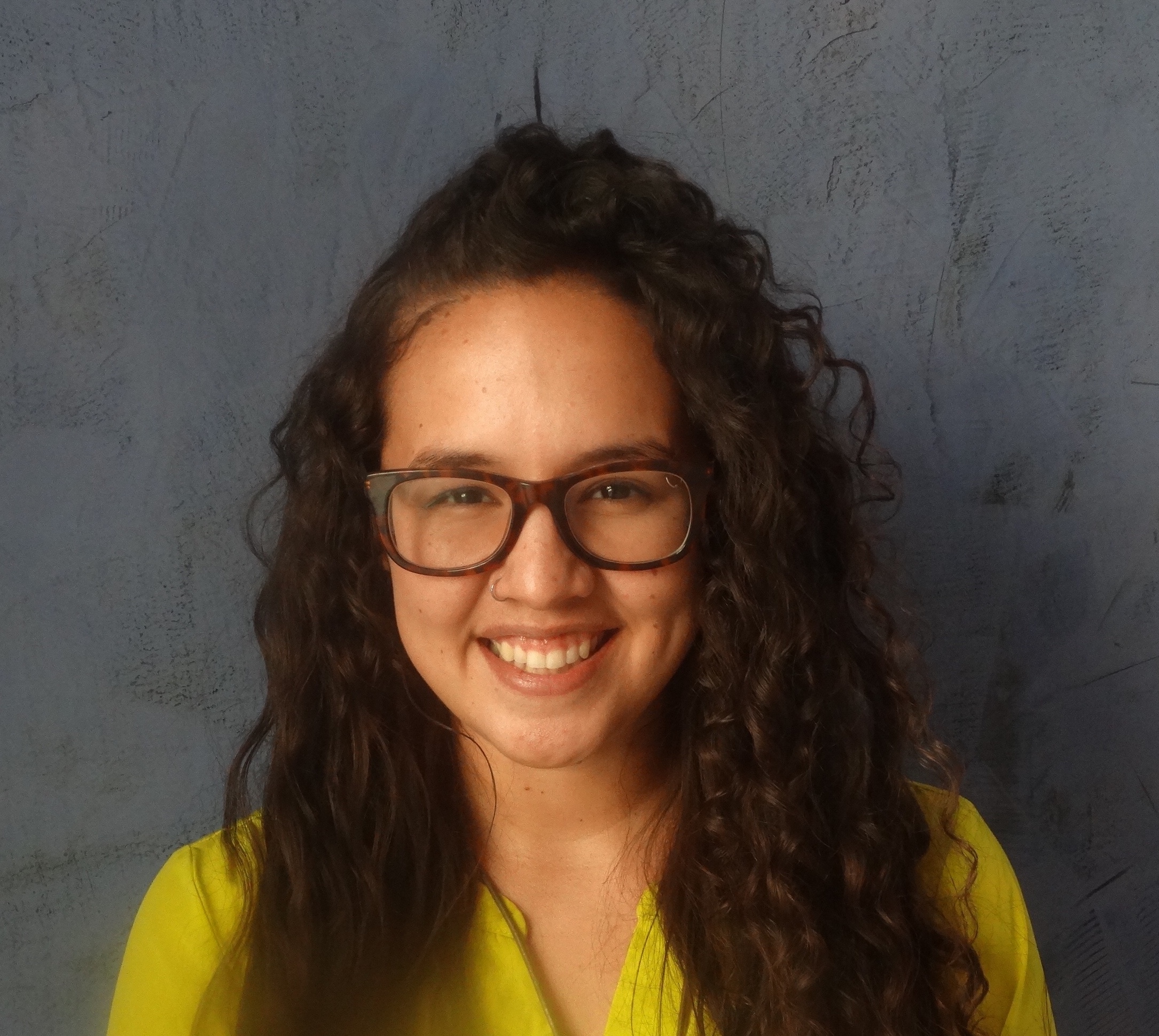Dr. Claudia Lugo-Candelas
Dr. Claudia Lugo-Candelas
Postdoctoral Fellow Columbia University
PhD in Clinical Psychology University of Massachusetts Amherst
Claudia grew up in a family of academics. She remembers playing with pipettes in her grandma’s laboratory in the University of Puerto Rico surrounded by biologists and chemists. In her world it was normal to be an academic. Claudia’s drive to understand human emotion drove her to study psychology during college; at the time, she felt her choice of psychology was a world apart from the “hard science” done by her grandma. Claudia initially envisioned a career as a clinical psychologist, but while getting her PhD she discovered that her true calling was in scientific research. She then set out to master neuroscience and neuroimaging. Claudia exemplifies that it is never too late to make a shift in your career direction.
During her undergraduate work at the University of Puerto Rico, Claudia was part of a program that facilitated research internships. At the time she thought of research as just an experience to make her competitive for a clinical PhD. During her summer internship at Rutgers University, she studied emotional reactivity using behavioral methods. This was Claudia’s first experience studying human emotions, which influenced her later research choices. For graduate school, she was accepted to the University of Massachusetts, Amherst where she investigated the neural underpinnings of emotional dysregulation associated with Attention Deficit Hyperactivity Disorder (ADHD). She studied how children with ADHD (compared to those without) responded to emotional scenarios in the laboratory of Dr. Lisa Harvey. In graduate school she realized that in order to understand emotional dysregulation she needed to consider its neural basis; this was the first time she considered the idea of learning neuroscience and expanding her expertise. Claudia allowed the scientific question to guide her methodological approach. She collaborated with a lab in the developmental science department using electroencephalography (EEG) while children with and without ADHD performed emotional tasks. They found that under non-emotional conditions children with ADHD performed just as well as those without, but that under frustrating conditions, children with ADHD performed far worse and had a really hard time sustaining their attention and controlling their behavior.
As part of her clinical psychology PhD, Claudia also did a clinical internship year. This was the time when Claudia stepped away from the lab and realized that research, rather than clinical work, was her true calling. Besides clarifying her true passion for research, her internship offered a multidisciplinary view of mental disease. She collaborated with pediatricians and learned a lot about neurodevelopment. Now Claudia is a postdoctoral fellow at Columbia University. She uses magnetic resonance imaging (MRI) to study the structural and functional changes in children across development and how prenatal factors affect brain development and the development of mental disorders. Her research spans many disciplines in a way that reflects her scientific trajectory.
Claudia has had an amazing set of mentors that have taught her to put aside her biases during experimental design and to trust herself. Her graduate mentor, Lisa Harvey, taught her to evaluate every decision carefully, even the precise words and phrases used in her research questionnaires. She experienced a level of scientific rigor that influenced her scientific development. For example, when designing experiments Claudia makes sure her biases do not influence the way she picks controls and the actual design of the experiment. As Claudia says, “experiments are not meant to confirm hypotheses but to test them”. More recently, her postdoctoral mentor Jonathan Posner, has encouraged her to trust herself when self-doubt kicks in. This trust has increased Claudia’s self-confidence, which has helped her in the process of writing grants and on her pathway to independence. Claudia’s latest success was getting a perfect score on her K award (Pathway to Independence from the NIH). She says the key to her success was preparation, having a simple yet interesting scientific question, and having mentors with ample K award experience who were legitimately rooting for her.
Listen to Nancy’s full interview with Claudia on December 10, 2018 below!


